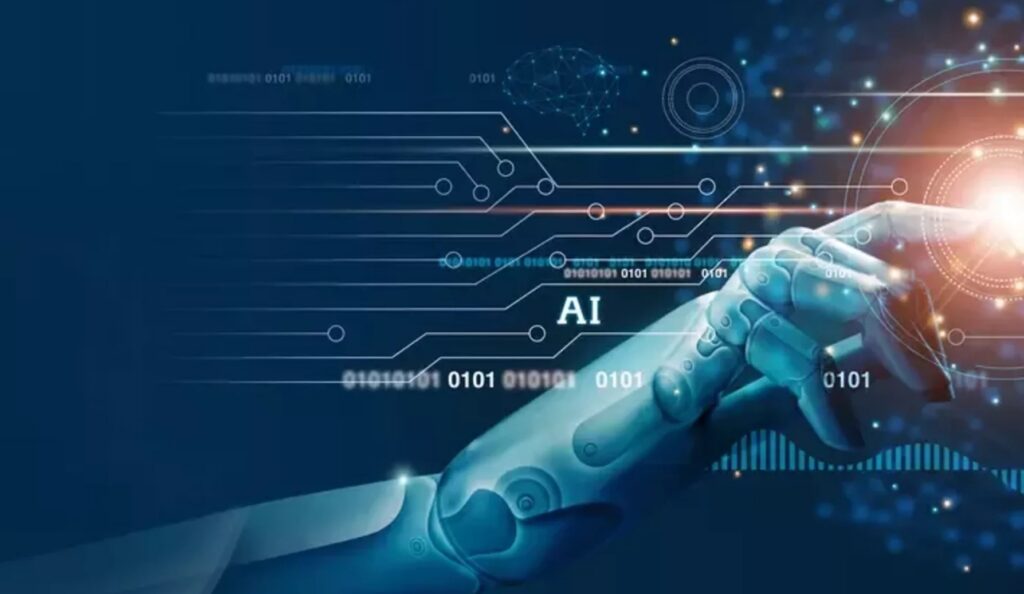
What if you could tell something or someone to invest all the money left over from your income after your day-to-day expenses into something with the best possible return? And never have to worry about what to transfer where? That would be the reality of autonomous finance. Your money would be self-driving. That is the future of personal finance.
Self-driving Money is Already in its Infancy
Financial planning and analysis (FP&A) is a natural incubator for financial automation and AI-driven solutions. This is the financial segment where self-driving money is slowly but surely gaining traction.
FP&A lends itself well to machine learning and AI because it involves data transmission and processing.
The applications dominating today’s financial technology on the consumer side are tech platforms looking to reinvent existing services. Although this approach may not seem ideal through the lenses of autonomous finance, these are the building blocks of what one day will drive our finances through the optimal channels according to a set of plain, user-defined goals.
Where We are Now
Robo-advisors have been around for a while and may represent the next step up the autonomous finance ladder. Automated investment advisors ask users about their age, income, investment goals, and financial means. They compile this sensitive personal information into a profile, creating and managing custom investment plans for users.
The services we use to manage our money these days are all specialized. We use one solution for banking, another for investing, yet another for trading, and a fourth one, for managing loan payments.
The goal of autonomous finance is to eliminate the barriers between these services and integrate them into a single solution. Some service providers have already taken rudimentary first steps in this direction.
We have various fintech solutions integrated with banking, allowing us to use budgeting solutions with checking accounts, etc.
Where We are Going
Soon, point-to-point solutions will likely appear, allowing us to automatically send money left in our budgeting app to a savings account or split it between a savings account and an investment one.
The second step will involve autonomous money management in the background as we connect services using common-language rules. The autonomous finance platform can absorb money, analyze opportunities, and allocate investments optimally without requiring further input from the user.
The Future of Autonomous Finance: Self-driving Money
The future of autonomous finance is technically much more impressive, however. It should reach a point where a user can make a payment by using a fingerprint.
With the payment intention established, the autonomous finance platform takes over and decides whether to use a checking account, cryptocurrency account, or credit card to make the payment. It will also automatically select the card with the highest rewards for the payment in question.
The Benefits of Involving AI in Finance
Artificial intelligence can handle vast amounts of data effortlessly to make optimal decisions free of emotional factors.
- AI-based fintech solutions can create meaningful reports and analyses in the blink of an eye.
- AI can budget and forecast better than the most skilled human.
- AI eliminates human errors and bias.
- AI can detect fraud and act to prevent it in the future without human intervention.
- With better decision-making and better data quality, financial planning and analysis can enter a new dimension.
- AI is better at risk assessment than humans.
- With AI taking over the data-intensive management aspects of our lives, it will leave us with more time to build value through meaningful business and human relationships.
The Risks of Trusting Your Finances to AI
The widespread use of AI in finance entails many risks we can assess and many more that we cannot fathom now. When we hand over our most sensitive bits of personal information to autonomous finance, we don’t just give up control over it. We grant full access to it to a centralized entity.
As long as humans control this centralized entity, they will find a way to abuse the system, creating advantages for the few at the expense of the many.
Experts agree that security challenges will pose the greatest risks to autonomous finance. Few seem to acknowledge the unquestionable necessity of an element of decentralization in this equation.
Decentralization: An Indispensable Ingredient?
Without true decentralization, autonomous finance can quickly derail into a dystopian structure of control and abuse, which not even our most pessimistic contemporary thinkers can imagine.

Leave a comment